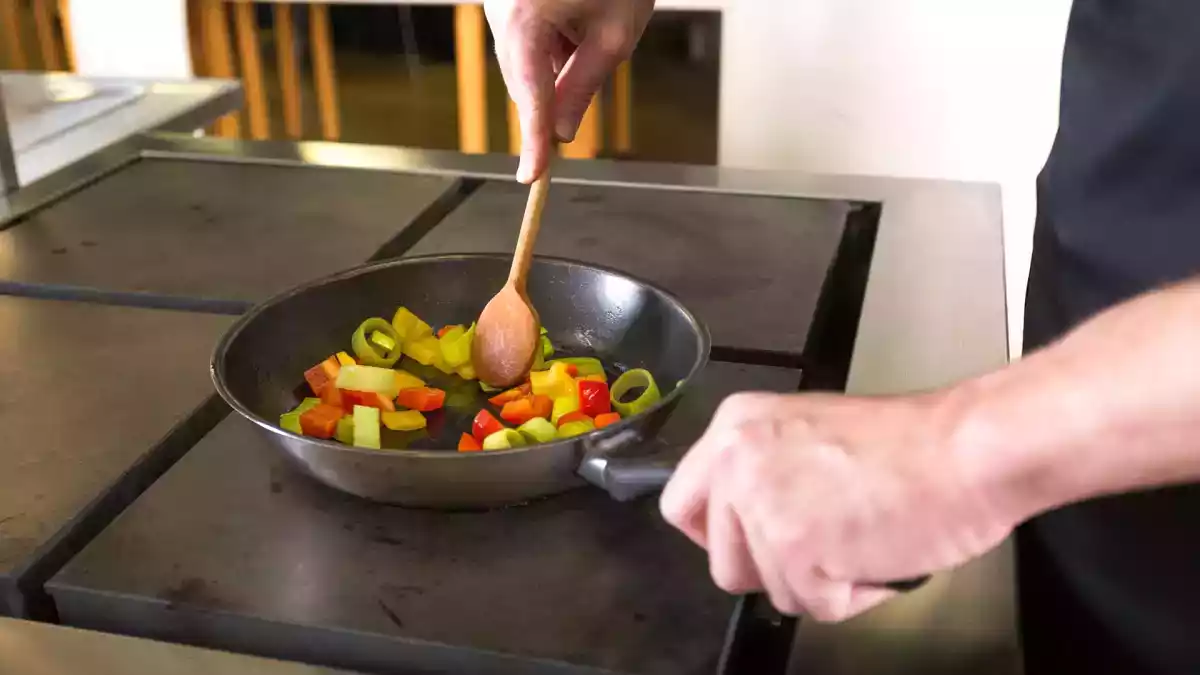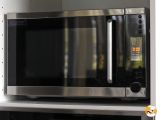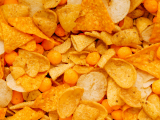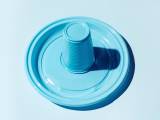Are non-stick pans really safe for our health? Discover the truth behind this technology!

Non-stickpans are popular in kitchens around the world, promising ease of cooking and cleaning. However, more recent studies and analyses have raised concerns about the impact of these pans on health and the environment. Although their advantages are obvious, they may not be as harmless as they seem. Let's explore the reasons why it's important to rethink the use of non-stick cookware.
What are non-stick pans?
Non-stick pans are coated with a layer of polytetrafluoroethylene (PTFE), better known as Teflon, a material that prevents food from sticking to the surface. This makes cooking more practical, using less oil and making cleaning easier. Despite these advantages, there are important issues associated with the material used in the coating.
Health risks
1. Emission of toxic gases
- When heated to temperatures above 500°F/260°C, non-stick pans can release toxic gases due to the degradation of Teflon. These gases can cause flu-like symptoms in humans, known as "polymer fume fever", and can be lethal to pet birds due to their respiratory sensitivity.
2. Chemical substances of concern
- PFOA (perfluorooctanoic acid), used in the manufacture of non-stick coatings until 2015, has been linked to health problems such as cancer, hormonal changes and liver problems. Although it has been banned in most countries, some old products may still contain the substance, and concerns remain about other compounds in the same family.
3. Wear and tear of the coating
- With regular use, the non-stick coating can wear away, releasing small particles that end up being ingested. Although the impact of these particles on the human body is still debated, they represent a potential health risk, especially in old or low-quality pans.
Environmental impact
1. Production of persistent pollutants
- The non-stick cookware manufacturing process generates chemical pollutants such as PFOA and other perfluorinated substances (PFAS), which are extremely persistent in the environment. These compounds do not degrade easily and can contaminate soil, water and even food.
2. Problematic disposal
- Non-stick cookware has a relatively short life cycle. When discarded, the chemical materials in the coating can contaminate landfills and release toxic substances into the environment.
Safer alternatives
If you're worried about the possible risks of non-stick pans, here are some safer and more sustainable options:
- Stainless steel pans: They are durable, don't release toxins and are ideal for a wide variety of preparations. With proper use, they can also prevent food from sticking.
- Cast iron pans: Extremely resistant and capable of retaining heat evenly, cast iron pans can even increase the intake of iron in food, an essential mineral for health.
- Ceramic pans: With natural coatings, ceramic pans are free of PTFE and PFOA, making them a safe and environmentally friendly alternative.
- Glass: For specific preparations, such as roasts, glass is a safe option, easy to clean and free of any harmful chemicals.
Tips for reducing risks
If you still use non-stick cookware, some practices can minimize the possible risks:
- Avoid high temperatures: Do not heat the pan above 390°F/200°C.
- Replace damaged pans: Pans with scratched or peeling coatings should be discarded.
- Use suitable utensils: Avoid metal spoons and spatulas, which can damage the coating.
- Pay attention to the time of use: Do not keep non-stick pans for many years, as the coating can deteriorate over time.
Small change, big transformation
Non-stick pans offer practicality, but their potential impact on health and the environment cannot be ignored. Opting for safer alternatives and adopting conscious practices when using these pans can make a difference to both your health and the planet. The change may require a small adjustment to your routine, but the long-term benefits are undeniable.
Read more
 Mirella Mendonça
Mirella Mendonça


Comments